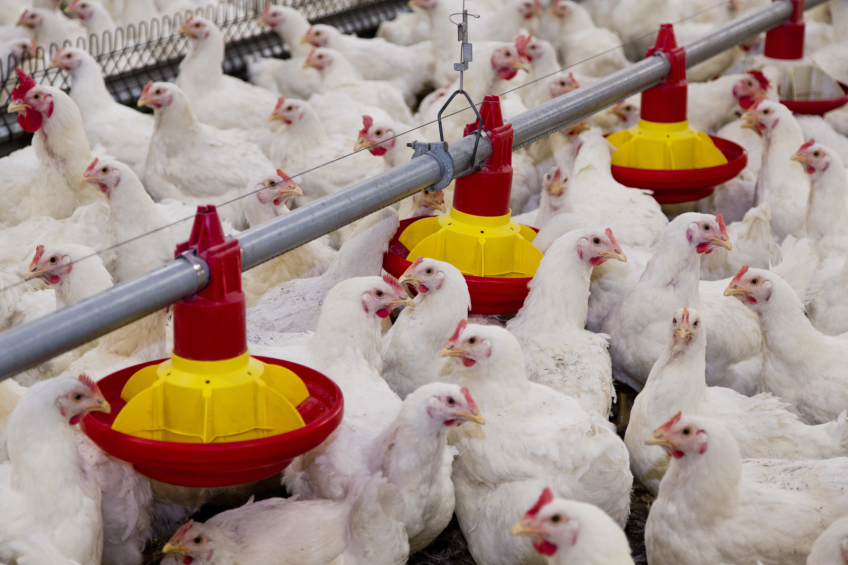Global poultry outlook boosted by Chinese deficit

Significant falls in levels of Chinese production have boosted the global poultry industry outlook, according to the latest quarterly survey by market analysts Rabobank.
Chinese production is expected to be down by 5% this year and between 10-15% next year, positively affecting global market conditions following a relatively week first half of the year.
Chinese production drop predicted
The fall in Chinese production, predicted for some time, has come after 18 months of sharp reductions in breeding stock imports due to avian influenza restrictions on key exporters. This is likely to lead to an increase in local prices and more imports of poultry cuts and hatching eggs to China.
The global market situation has also been enhanced by the reduction in Brazilian and US supply growth, which – especially in the US – has led to improved margins. The US has seen operating profit margins average a healthy 11% in the last quarter and Rabobank believes the market will continue to be strong for the rest of the year.
Poultry facing competition from other proteins
The largest concern to the US poultry sector is the increased competition from other proteins with lower beef prices expected to pressure the value equation that poultry has enjoyed in recent years.
Brazil, which gained significant global market share during the avian influenza crisis in the United States, still faces the challenge of a weak domestic market, due to the economic situation and increasing feed prices.
Strong poultry exports from EU
European Union countries have seen strong exports with volumes rising by 10% (75,000 tonnes), particularly to South Africa, the Philippines, Hong Kong and Ukraine. EU imports also rose by 7% (25,000 tonnes) with Brazil and Thailand keen to push trade to offset local oversupply issues.
The EU poultry industry itself is performing well, although it saw a drop in prices in the last quarter due to high production, higher feed prices and pressured demand, especially in Germany, the EU’s main import market.
New market concepts
The condition have been offset, not just by strong exports, but lower production in the Netherlands and Germany, as the industry changes to new market concepts with slow-growing birds, leading to lower production at existing farms.
Looking ahead at the EU market, Rabobank says sustainability changes in north-western Europe will continue to impact markets, with little growth likely to be seen in key exporting nations, such as Germany and the Netherlands due to restrictions on capacity expansion. New greenfield expansion projects are likely to move eastwards because of cost and regulation advantages, while the Brexit uncertainty will keep UK investment limited for the time being.













